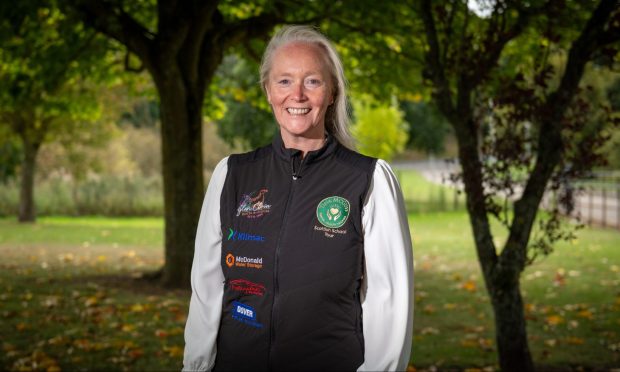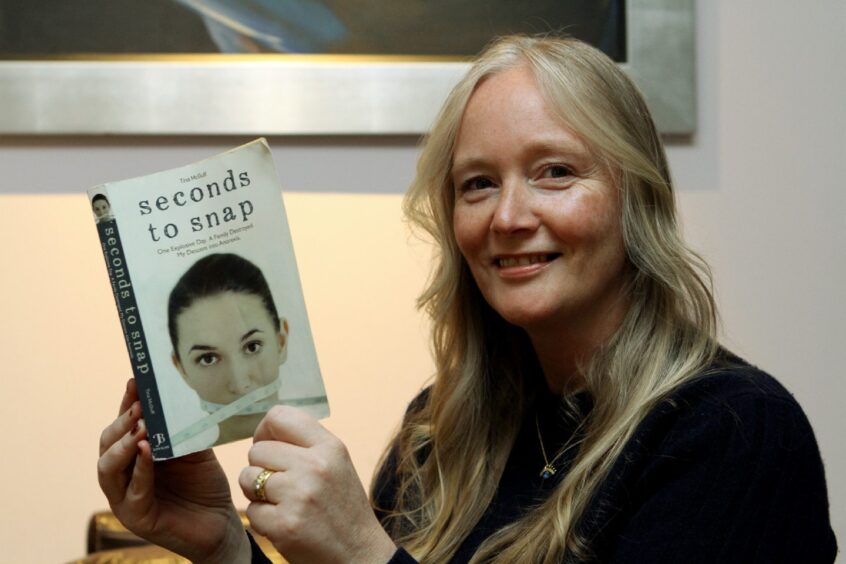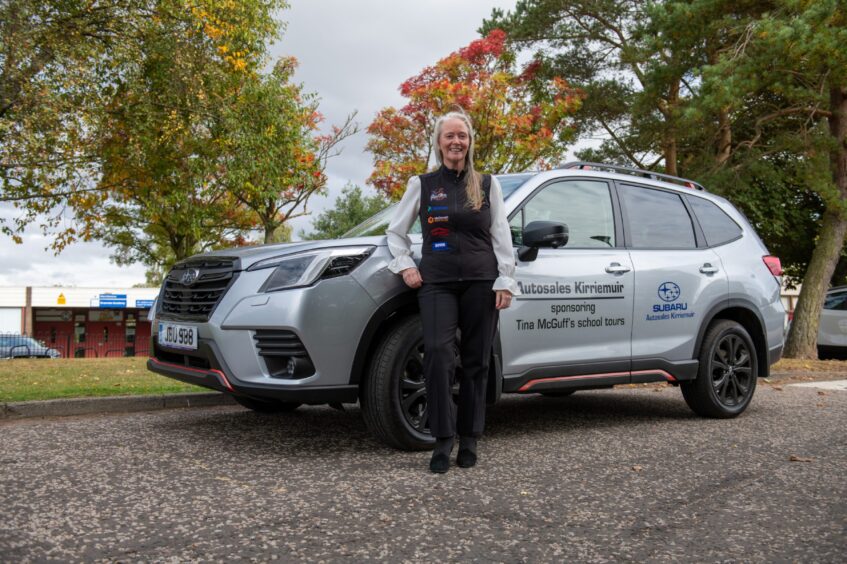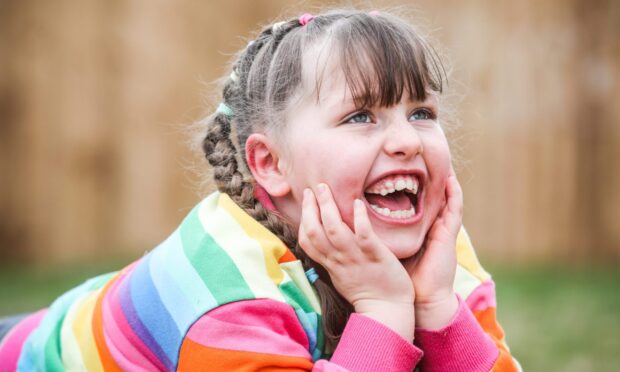When a mum told Tina McGuff how her eight-year-old daughter believed she was fat and wanted to change her diet, the eating disorders expert was shocked to the core.
An anorexia survivor herself, the Dundee mental health campaigner and author has heard countless tales of young people with eating disorders.
But never of someone so young.
And that email from a desperately worried mum spurred Tina into action.
She has taken a six-month sabbatical from work to tour Scottish schools to encourage young people to look after their mental health.
Mum-of-four Tina, 55, is often asked for advice by parents who have read her autobiograpy, Seconds to Snap, or seen her speak on television or in the press.
Mostly, it’s mums or dads worried about about teenage children or older.
But Tina says: “For the first time I got an email from a parent whose child was eight.
“She had all these sudden behaviours she [the mum] couldn’t understand.
“She started talking about being fat, not feeling like a good person. The type of things I would normally hear from an adult but I’d never heard them from an eight-year-old before.
“She wanted to be vegan and cut out this and that, she was going on about clean eating.
“I don’t know where she got all these things from. She was so young.”
What is Tina McGuff doing as a result of that shocking tale?
The exchanged weighed on Tina’s mind.
“It stayed with me,” she says
“I thought if I can do anything I have to do it.
“If I can get into schools and speak to young people at that transition point up to fourth year, if I can share my story to give some insight and help a little bit then I need to do it.”
Tina is a student support officer at Dundee and Angus College. Outside that she delivers talks and lectures on eating disorders and psychosis.
She decided to take time off her work to speak to secondary school pupils. Local businesses and organisations are supporting her tour as far north as Shetland, including by providing a car and fuel.
Last week, she began her tour at her own former school Braeview Academy, in Dundee.
In her talk, Tina shares her story and teaches young people about maintaining good mental health and where to seek help if it declines.
Tina suffered anorexia as a teenager and during her early 20s.
Licking a stamp to send a letter to a penpal and wondering if the glue had calories made her realise how severe her condition had become.
She would wear layers of clothes to try to disguise how thin she had become but her mum spotted the signs and alerted her GP.
How Tina’s anorexia was followed by psychosis
Tina spent four years in a psychiatric ward.
Then she needed rehab to help her adjust to normal life outside an institution.
Eventually she got her life back on track.
She met her husband-to-be Jock, joined the Territorial Army and was training to be a pilot.
But then an entirely different problem reared its head. Psychosis. Triggered by the same trauma as her eating disorder.
She would feel butterflies in her stomach and suffer episodes of anxiety.
In one particularly frightening episode she felt like she had a bungee cord round her waist pulling her towards the window of her flat.
How Tina McGuff fought back to good health
It took her around a year to recover.
After sharing her story with her children when they had grown up, Tina decided to write her memoir.
It tells of the family break down and subsequent homelessness she says triggered her mental health collapse.
But it also tells of how she fought back to health and happiness.
Tina says: “If you can offer some kind of hope to anyone that’s so important.
“Self awareness and self esteem are two of the most important things for me.
“They are among the things I speak to the young people about.
“It’s about raising awareness of those things and body positivity.
Eating disorder referrals soared in lockdown
“Focus on the good things about yourself and not on things that are predicated on a certain body type or a number on a scale.”
Eating disorders are more prevalent now than they were when she was young, believes Tina.
Covid restrictions and social media have a part to play in that, she reckons.
Referrals for eating disorders in under-18s almost tripled between 2018/19 and 2020/21, from 217 to 615. This is according to figures acquired by the Royal College of Psychiatrists in Scotland.
Social media, says Tina, is a “double-edged sword” with both positive and negative messaging.
“There’s a huge need for accountability on the part of social media sites to really make sure young people are taken care of and all these horrible things are not delivered by algorithms.”
But she also reckons that prevalence comes from better awareness of wellbeing.
“A lot more people are able to verbalise how they are feeling.
“But there’s not the resources to see everyone at the point of need.”













Conversation